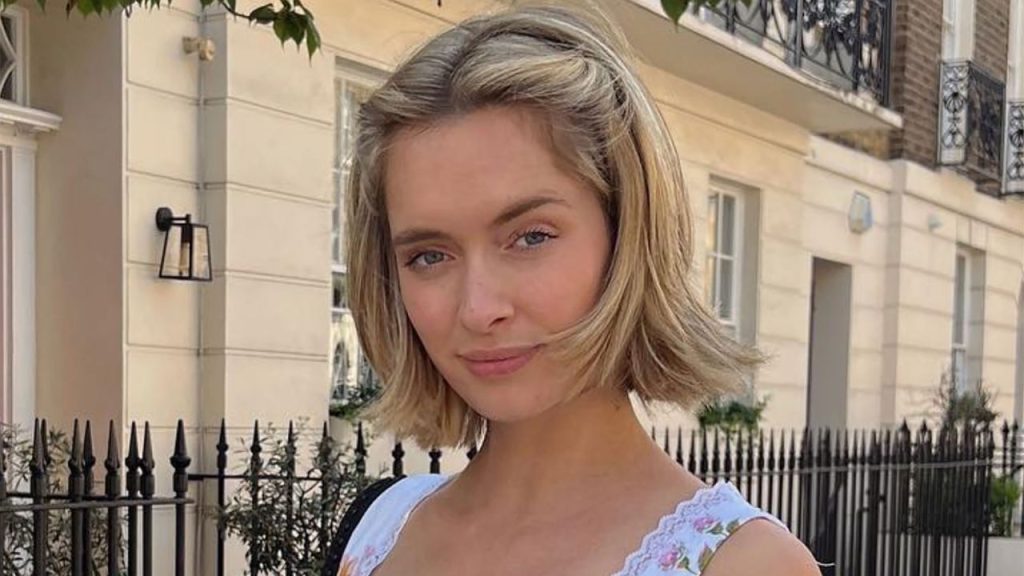When it comes to seasonal hair trends, one haircut always seems to be in fashion: the bob. And for fall, we’re seriously crushing on the ripped bob—the cooler, choppy cousin of Sofia Richie’s classic French bob.
“Instead of sharp, blunt edges, the ripped bob embraces lived-in, effortless movement,” says Melissa Timperley, a celebrity hairstylist and founder of Melissa Salons. “It features a predominantly one-length cut but with softly frayed, piecey ends that bring out the texture of torn or ripped paper.” Think model-off-duty vibes, which is why Elsa Hosk, Gigi Hadid, Halle Berry, and Hailey Bieber are the ripped bob’s poster girls.
It’s precisely this effortless feel that makes the ripped bob perfect year-round, but especially for fall. “The ripped bob aligns beautifully with autumn’s more relaxed, layered style ethos,” Timperley says. “Its lived-in texture suits cooler weather, making it perfect for the transitional season. It also grows out gracefully, offering continued texture and movement even months post-cut.”
Instagram content
This content can also be viewed on the site it originates from.
What should you ask your hairdresser for?
It’s always worth remembering that not everyone may call this style of bob “ripped,” so it’s important to show your hairdresser examples (keep scrolling for our specially edited mood board).
“Ask for a bob with deconstructed, piecey layers that give a slightly irregular, undone finish rather than sharp, blunt lines,” Timperley says. “You might describe it as a bob with softly jagged ends or a ‘ripped’ texture. Stylists may refer to it as a textured or lived-in bob—just emphasize movement and soft edges.”
In terms of length, Mason Josh, head stylist at Josh Wood Atelier, recommends describing it as “a bob that is one to two inches longer than a classic one-length bob.”
Instagram content
This content can also be viewed on the site it originates from.
Which hair types work best with a ripped bob?
The beauty of the ripped bob is its surprising versatilility. “Fine hair benefits greatly from the added texture and apparent volume that the piecey ends create,” says Timperley.

